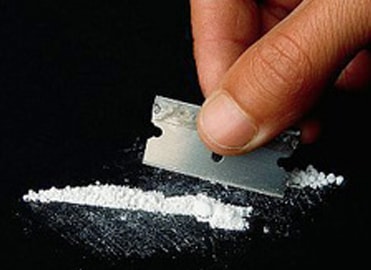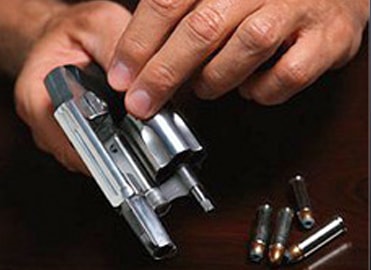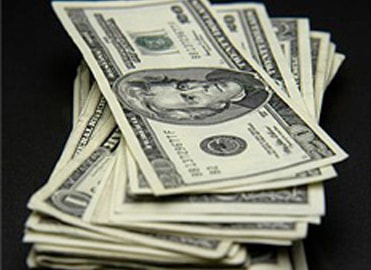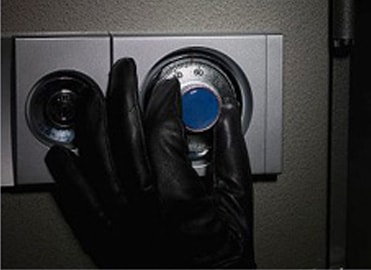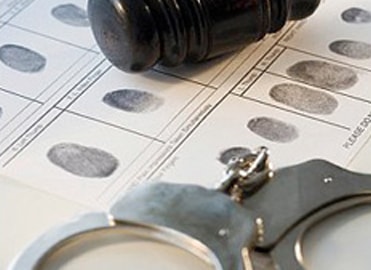The Doctor then alleged that our client embezzled a sum greater than $400,000 rather than the real amount of the embezzlement of approximately $20,000. After a thorough investigation, our criminal defense attorneys convinced the District Attorney’s Office that our client’s case was much smaller than previously thought and quickly settled the case. Our client did not go to jail and was placed on probation and after 18-months, her case was to be reduced to a misdemeanor.
Los Angeles Embezzlement Criminal Defense Lawyer
Retaining an aggressive, experienced and knowledgeable Los Angeles Criminal Defense Attorney is the most important decision you can make. A qualified Criminal Defense Lawyer can educate you as to your options, assist you in making critical life altering decisions, investigate the factors that led to your arrest, skillfully examine law enforcement personnel, and litigate the case. Our firm has the qualified Embezzlement Criminal Defense Attorneys that will be in your corner, aggressively defending your rights with the goal of successfully fighting your criminal charges. Embezzlement cases, specifically, require an exhaustive investigation into all aspects of the criminal allegations against you. It is necessary to have a qualified Criminal Defense Attorney with experience in Embezzlement cases to oversee your investigation of the entire case so that weaknesses in the government’s case can be identified and exploited for you benefit.
If you have been charged or under investigation in State Court for Embezzlement, please call us to set up an appointment for a FREE CONSULTATION so we can assess your particular case and provide you with the best legal advice on how to proceed. Please allow us to offer you the assistance and support of a Criminal Defense law firm that has extensive experience with the State Court system as you face this most unfortunate experience. We are solely a Criminal Defense Law Firm. That is all we do and have done since our inception.
EARLY INTERVENTION BY COUNSEL IS KEY TO A PROPER DEFENSE
It is extremely important to have an experienced and knowledgeable Embezzlement Criminal Defense Attorney begin working on your case as early as possible. Critical issues, such as how your particular case will be filed and what charges will be leveled against you, are decided, many a time, very soon after your arrest or during the investigatory period. Early intervention gives our Criminal Defense Lawyers an opportunity to potentially reduce or dismiss the charges against you before the first court date.
If you find yourself in a situation involving any of these issues, please give the Criminal Defense Attorneys at Gurovich, Berk & Associates a call. We have extensive experience dealing with law enforcement, the courts and with the prosecutors specifically involving Embezzlement. Do not go to someone less qualified. These are very serious accusations that carry severe punishment. Moreover, we will charge you a flat fee for each particular portion of the case regardless of how long each portion takes. We do not charge you by the hour or by the appearance. This way you know exactly what you are paying for. This way you do not get stuck with a huge amount in attorney fees at the end of the case that you did not anticipate.
Over the years, our Criminal Defense Lawyers have successfully represented numerous clients charged with Embezzlement as described above. We have observed that the longer one postpones in hiring a Criminal Defense Lawyer, the greater the problem may become.
Please feel free to call for an initial FREE CONSULTATION in our office, or in the privacy and convenience of your own home, during which we can explore how best to defend and resolve your case. Our 24-hour telephone numbers are (818) 205-1555; (310) 288-0795; (626) 356-0447; and (213) 385-1555.


